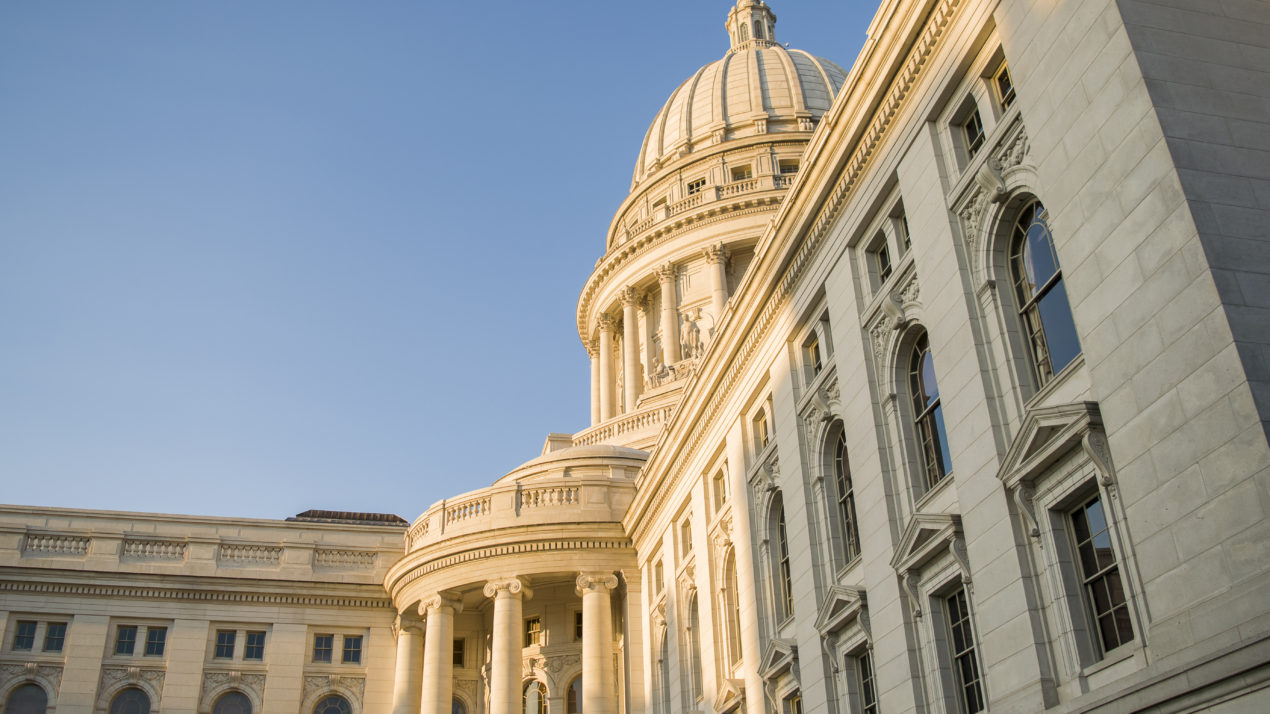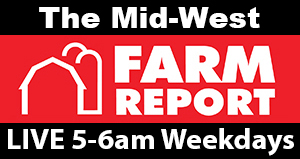
Rural infrastructure, producer-led watershed grants and Emergency Medical Services make the priority list in the Assembly Agriculture Committee, says Chair Rep. Travis Tranel, R-Cuba City.
Wisconsin is in a strong fiscal position, with a $7-8 billion surplus, Tranel says, noting a lot of people are asking for those dollars. The Assembly Ag Committee is looking into a program that would benefit rural communities.
“Our farm is on a town road. Right now, it’s posted. So we’re having a difficult time — we bed with sand; we can’t get sand in,” says Tranel, who is a dairy farmer in southwest Wisconsin. “So there’s lots of examples where farmers do more damage to their machinery on town and county roads than they do in the fields. That’s a problem.”
The committee is drafting legislation for a program that could take the 62,000 miles of town roads in Wisconsin, and identify which roads impact agriculture in a significant way. Those roads would make the priority list for improvement.
“If we were talking about siting a factory, for example, you wouldn’t think twice about improving the infrastructure, whether it be increased highways, more sewer, more water, etc. But when it comes to farming, and rural Wisconsin, we really haven’t done anything to significantly invest in our infrastructure for the last 50 or 60 years,” Tranel argues.
He notes in that time, equipment has gotten bigger, more technologically advanced and more expensive.
In the conversations he’s had with different agricultural groups, farmland preservation and producer-led watershed grants have made the list.
“These producer-led watershed groups have just been a fantastic examples where farmers and the industry themselves have figured out what works, and then because they see it work on their farm or their neighbors’ farms, they want to do it,” Tranel says. “It’s key that we realize that producers and farmers want to take care of their resources and they don’t need to be regulated to death to do it.”
And finally, Tranel says the Assembly Ag Committee is going to work on putting forth EMS legislation that was vetoed last session.
